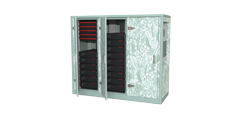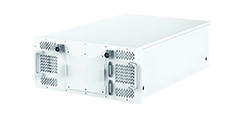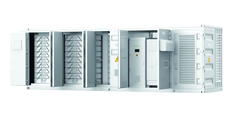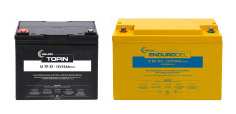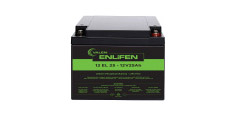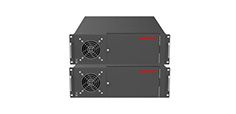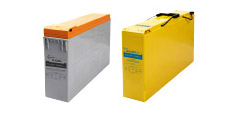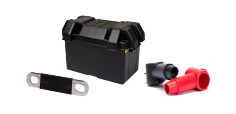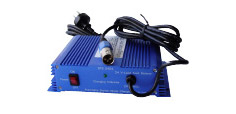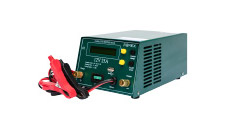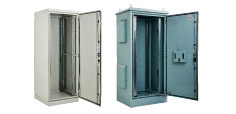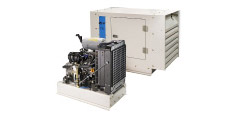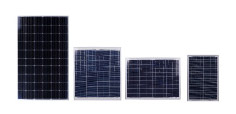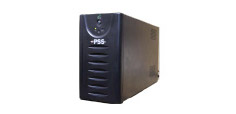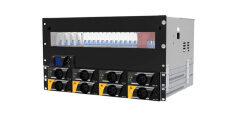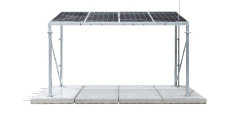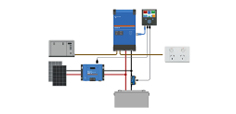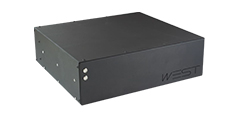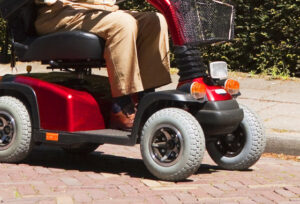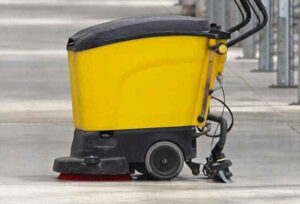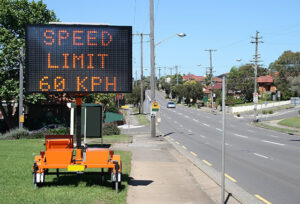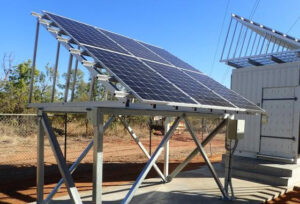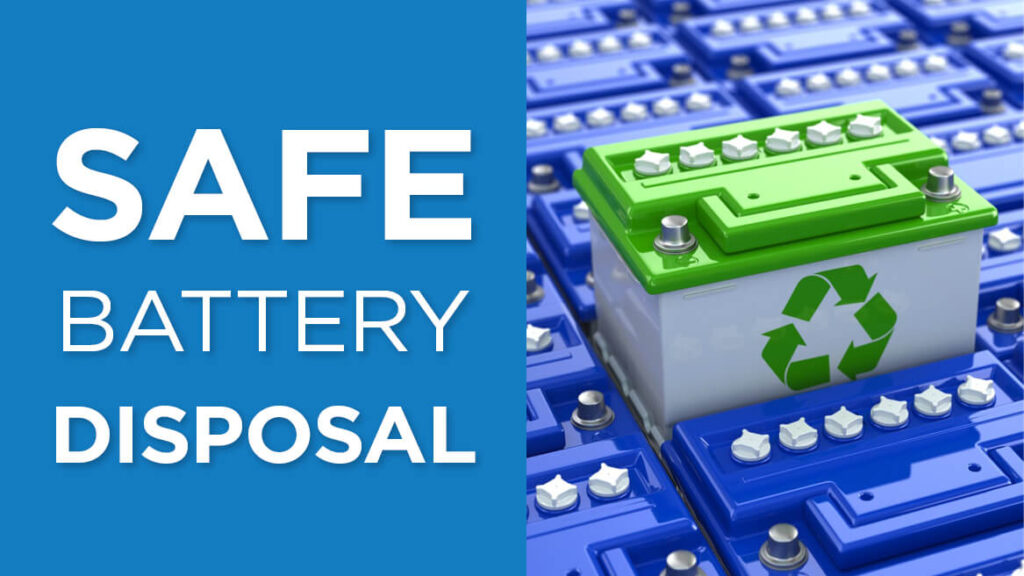How to Safely Dispose of Batteries? With the world becoming increasingly tech-savvy and our reliance on versatile, portable equipment ever on the increase, the need for instant remote power is also on the rise.
Batteries are the primary power source for operating remote appliances, think your smartphone, portable toys, tools, the list goes on
This Valen blog briefly covers the disposal techniques and tips for the various battery types available on the Australian Market.
safe Disposal of Dry-Cell Batteries
For dry-cell (single-use type) and other batteries not dealt with here, we recommend you consult the Australian Battery Recycling Initiative – (ARBI) for recycling and disposal information. Please be aware that incorrect disposal is both dangerous, possibly causing fires and explosions and hazardous to the environment.
Note that whilst these batteries may be considered ‘flat’ there is often still substantial remaining energy which can cause considerable damage.
safe Disposal of Single-Use Batteries
such as Alkaline and Zinc Carbon AA, AAA, C, D cells
It is encouraged to dispose of single-use batteries at battery recycling facilities, often positioned at supermarkets and retail stores.
Most batteries contain harmful substances, which might contaminate the land or groundwater if they go to a landfill.
Never place on a fire as this may cause an explosion and severe damage.
safe Disposal of Button Cell or Coin Batteries
Historically these coin-shaped batteries have contained metals such as silver, cadmium or mercury in their chemistry. However, today most of these button cell batteries are manufactured using lithium.
Special attention needs to be taken when storing or disposing of coin cells as they are potentially a swallowing hazard for young children and pets.
Depending on the chemistry of these cells, disposal methods will change. They can be taken to specialist battery recyclers, battery takeback systems at participating retailers.
Handling precautions for disposal
Please note the following handling precautions for disposal; All batteries should be placed in separate plastic bags or terminals (or entire battery) covered with electrical style tape. This will prevent the battery from sparking if shorted.
Should the battery become damaged, contact the manufacturer for specific handling information.
disposal Rechargeable Lead Acid Batteries
Lead Acid batteries should be clearly labelled. This battery type is used in both automotive (cars, buses, motorbikes) and non-automotive (UPS, Pumping systems, communication sites) applications. These can be returned to a local recycler, often for a small credit. They should be disposed of correctly and in accordance with ISO14001.
See the Valen Battery Recycling Guide for more information on how to store, ship and dispose of Lead Acid batteries safely.
Please note these batteries, whilst considered and classified as ‘non-dangerous’, when the casing is compromised, cracked or broken, the constituents, acid and lead are classified as hazardous, and due precaution needs to be used in arranging for recycling, so all manufacturer warnings and instructions must be adhered to.
disposal Lithium Batteries
Smaller Lithium batteries should be disposed of at an approved recycler, with the outer wrapping clearly marked with the contents.
Larger lithium battery systems such as those used in electric vehicles and home solar systems should be removed by a manufacturer-approved installer. Refer to the manufacturer’s safety instructions
- Automobile: Contact the dealer or shop where the battery was purchased.
- Energy Storage: Contact the energy storage equipment manufacturer or company that installed the battery.
Do not place these batteries in household waste. Refer to the manufacturer’s instructions should the battery become damaged.
Scrap lithium batteries should be kept separate from other scrap batteries. Exhausted lithium batteries still have a high energy content and scrap lithium batteries are known to be a major source of fires at scrap yards.
QUESTIONS
Reach out to the team at Valen on 1300 734 253 should you have further enquiries on how to safely and economically dispose of your battery system.
External Battery Recycling Websites for reference
Find a B-cycle drop-off point – B-cycle (bcycle.com.au)
https://www.cyb.com.au/our-priorities/environment/find-a-recycling-centre
https://www.woolworths.com.au/shop/discover/sustainability/recycling-unit
https://batteryrecycling.org.au
Disclaimer
This is NOT an exhaustive recommendation for scrapping batteries. The information contained herein was as best known at the time of writing this document. New technologies and manufacturing changes are the order of the day. Therefore, Valen and the management of Valen cannot account for all eventualities and possibilities, but the content herein covers most of the current suggestions. Consultation with the manufacturers needs to be done for any industrial-scale disposal of batteries.

